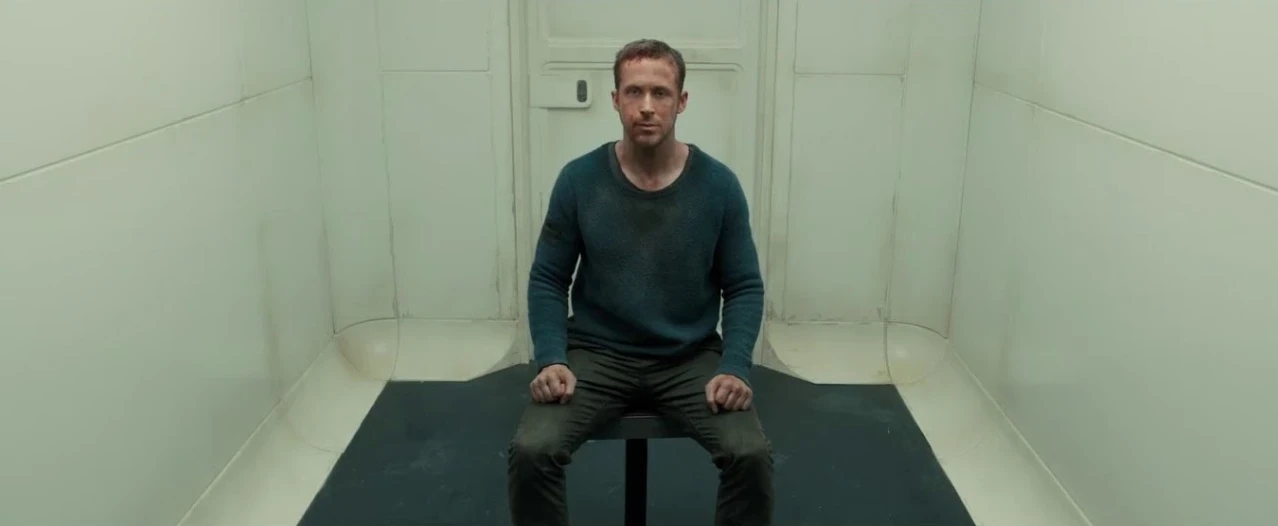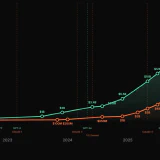Social Media Platforms Have Killed Links
When Facebook and Twitter started supressing links they forever changed the internet and we’re still yet to grasp the outcome of this.

Hyperlinks are the foundation of the internet. People say that Tim Berners-Lee invented the internet as we know it when he connected hypertext with TCP/IP. And yet, in 2024, hyperlinks are second-tier citizens at best, as the most popular social platforms don’t support them or penalize you for trying.
Facebook started deprioritizing links in 2017. Zuckerberg confirmed this later by announcing a broader effort to prioritize “meaningful social interactions” on users’ news feeds. The stated goal was to focus on posts from friends, family, and groups over content from businesses, media outlets, and publishers, particularly those containing outbound links. Twitter joined the party in late 2020, as they also wanted to reduce their reliance on external content.
This shift forever changed the internet.
Platforms dislike links because they are, by definition, links to other websites. You click a link, and your attention goes elsewhere. But that’s how the internet works. Links are the foundation, and people use links for all kinds of reasons. A desire to start a discussion about an article or a video is one of the incentives to post on social in the first place.
Meta and Twitter imagine a future where all content is directly syndicated through their properties. Even if they don’t support this kind of content natively. Have you tried using Twitter Articles? They’re primitive, can take 10 seconds to load, and in the end, the engagement figures are not too different from an ordinary post with a link. Twitter videos can’t replace YouTube in their dreams. Most importantly, as an ordinary user, you can’t just reupload someone else’s video or a news article to Twitter to share it natively.
So you paste a link, and nobody sees it because social platforms push users towards the algorithmic feeds they control. As a result, people post less or nothing at all.
It doesn’t mean there are fewer posts. But more and more content is instead coming from other accounts that leverage the native tools and mechanics to be favored by the algorithm. And I don’t think their content is particularly good or tasteful.
One interesting signal in social products is people using weird hacks to overcome the platform’s limitations. In early Instagram, all photos had to be square. But people wanted wide and portrait instead, so they used apps to add bars on the side until Instagram enabled this natively.
“Link is in the first comment” became such a hack with the hope that the network won’t supress it, even though the conversion would drop drastically anyway. In fact, threads on Twitter are another example of a hack that eventually became a part of the product. Another alternative people used was posting a screenshot of a note instead. They wanted the ability to post long-form content, at least on certain occasions. By the way, Twitter of 2024 definitely suppresses the reach of images that contain lots of text, you can easily see this from the view counts.
It’s almost like we need a new social network for links. Unfortunately, we did have one for a while, and it died. I’m talking about Artifact, an AI-enabled news app launched by the founders of Instagram, operated as a social network with nothing but links. I loved the app, but there weren’t enough people enamored by this concept.
The real question is whether we go next.
If you liked this article, subscribe to get new content right in your inbox! I run a newsletter with five amusingly interesting links on technology, history, and culture.




